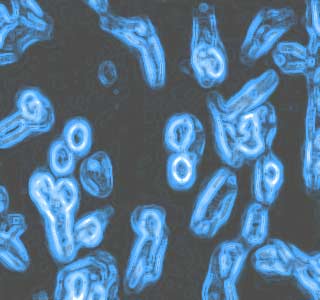
It is believed that molecular chaperones may play a crucial “escort role†by enabling the newly developed proteins to take the desired shape and function properly. They evidently also aid the healthy and normal cells to deal with stress. In contrast to this, some experts presume that these molecular chaperones may also be involved in the activity of the cancer-causing proteins, and even assist them in surviving and spreading throughout the body.
Professor Paul Workman, Director of the Cancer Research UK Centre for Cancer Therapeutics, The Institute for Cancer Research, Sutton, says that, “We are very pleased to work with AstraZeneca, who bring great expertise in cancer drug discovery and development. By working together in this collaboration, we hope to exploit an ‘Achilles heel’ in the chaperone and stress pathways of cancer cells that will lead to the discovery of new powerful drugs to fight cancer.â€
Evidently as per their deal, AstraZeneca may have gained an exclusive right to commercialize the compounds developed through this collaboration.
“We are impressed by the potential in these targets and are delighted to be joining forces with this world-renowned research team to progress this work. Drawing on our long history of discovering and developing cancer therapeutics, we aim to convert this early scientific promise into treatments that could make a real impact on the lives of cancer patients,†says Dr. Les Hughes, AstraZeneca Vice President, Discovery for the Oncology and Infection Research Area.
It was stated that The Institute of Cancer Research may lead the scientific analysis of this project. This scientific work is believed to have been build on the original lab-based discovery made by ICR themselves. Seemingly, more than about £4 million may be provided by AstraZeneca for this three-year project.
